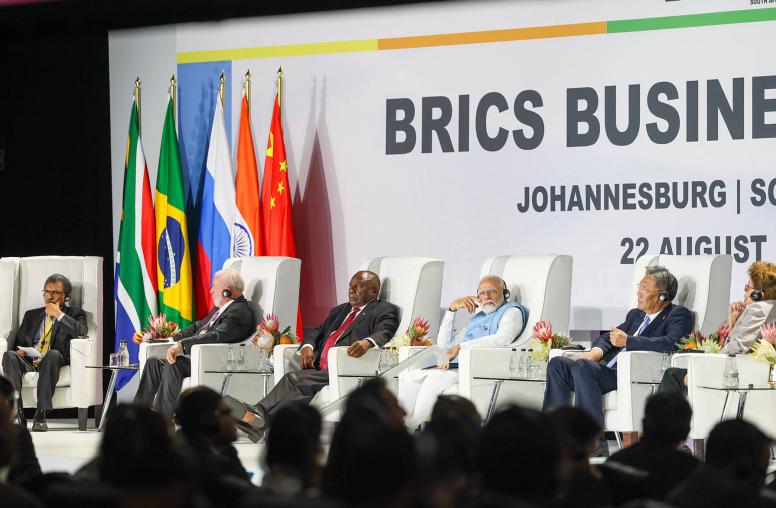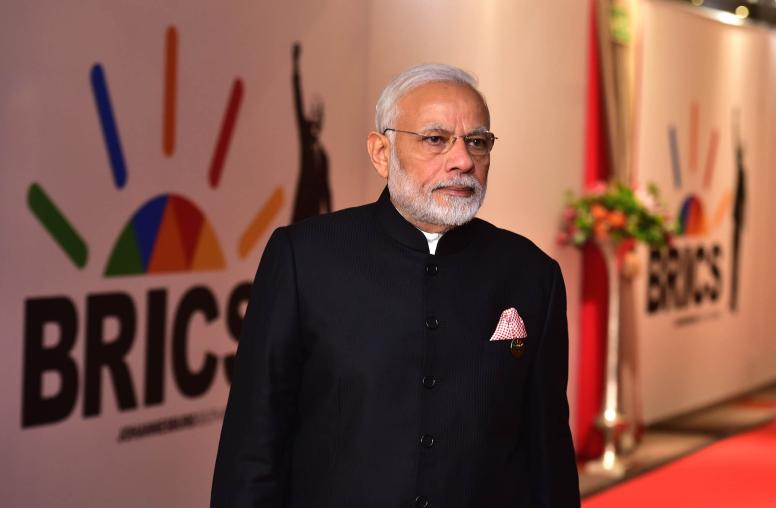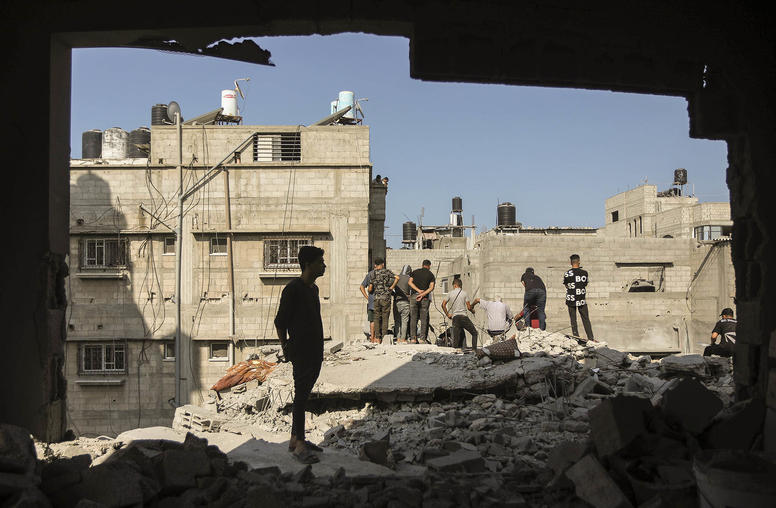Commission of Inquiry: Brazil
Commission of Inquiry: Brazil: No More
Duration: 1979 - 1982
Charter: No formal charter
Commissioners: Approximately 35
Report: Unofficial report
Commission of Inquiry: Brazil: No More (Brasil: Nunca Mais)
Dates of Operation: 1979 – 1982 (approximately 3 years)
Background: From 1964 to 1985, Brazil was ruled by military regimes that sanctioned the systematic use of torture in dealing with their political opponents. After civilian rule was restored in 1985, a research team sponsored by Cardinal Paulo Evaristo Arns, archbishop of São Paulo, and supported by the World Council of Churches, conducted a confidential research project to investigate allegations of torture and other human rights abuses committed during the prior two decades. The researchers used military trial transcripts between 1964 and 1979 as a basis for their findings. These transcripts were never intended to be read by the public at large. Ironically, however, the 1979 amnesty law provided activists with a pretext to access the military files. Lawyers were permitted to access to the archives to prepare amnesty petitions on behalf of their clients and could check out the files for 24 hours. The researchers began to systematically copy page after page of the borrowed files until the entire records in the holdings of the Military Supreme Court were duplicated.
Charter: There is no charter because the project was unofficial.
Mandate: The group did not have an official mandate. According to one of the researchers, their aim was to preserve the military records and to inform society about the abusive past.
Commissioners and Structure: The research team consisted of approximately thirty-five investigators. Only two of the individuals who contributed to the project allowed themselves to be identified at the time the findings were published – Cardinal Arns and Presbyterian Minister Jaime Wright. The other individuals kept their own identities secret even after the findings were published. The coordinators hired staff members on the basis of trust but most of them had no knowledge of the sort of project they were engaged in. The World Council of Churches provided ongoing financial support, totaling approximately $350,000 USD.
Report: The report, Brasil: Nunca Mais was first published in 1986 in Portuguese, and the publishing information is provided in the sources. Before the book was published, the group continuously sent microfilms to the World Council of Churches headquarters in Geneva to protect the records. The release of the report was delayed until after March 1985 Brazil’s the first civilian President since 1964 was inaugurated. The University of Texas published an English language version, Torture in Brazil, in 1986. Excerpts are available online.
Findings: The team of researchers compiled more than 2,700 pages of testimony documenting close to three hundred forms of torture and identifying 17,000 victims.
Conclusions:
- Their report concluded that torture was an essential part of the military justice system and that judicial authorities were aware that torture was used to extract confessions.
Recommendations:
- The report called on Brazilian citizens to ensure “that the violence, the infamy, the injustice, and the persecution of Brazil's recent past should never again be repeated”.
- It was recommended that citizen participation in the political process and the right to disagree and hold the government accountable be permitted.
Subsequent Developments:
Reforms
- A decade after the publication of Brasil: Nunca Mais, the armed forces publicly admitted that torture had taken place.
Prosecutions
- The project released a list of alleged perpetrators among the Brazilian military to the United Nations Committee Against Torture. The Brazilian government promised to investigate the cases, but no official action was taken. In May 2008, a civil suit was brought by the Office of the Prosecutor in São Paulo against two former officials of Brazil's military regime and the central government. It is the first case to challenge the validity of the 1979 amnesty granted by the military regime to perpetrators of politically motivated crimes. This amnesty was interpreted to include perpetrators of abductions, torture and executions committed in the name of the regime. As of early 2009, the case is ongoing.
Reparations
- The government in 1995 initiated a reparations program for 135 families of victims, paying financial compensation amounting to approximately $1.5 billion USD.
Sources:
- Archdiocese of São Paulo. "Torture in Brazil: A Shocking Report on the Pervasive Use of Torture by Brazilian Military Governments, 1964-1979." Institute of Latin American Studies, University of Texas, 1986.
- Bickford, Louis. "Unofficial Truth Projects." Human Rights Quarterly 29, (2007): 994-1035.
- Evaristo Arns, Paulo. Brasil: Nunca Mais: Um Relato Para a História. Petrópolis: Vozes, 1986.
- International Center for Transitional Justice. "Brazil." (November 10, 2008). Available at http://ictj.org/our-work/regions-and-countries/brazil (accessed May 12, 2011).
- Lawrence Weschler. A Miracle, A Universe: Settling Accounts with Torturers. New York: Pantheon Books, 1990.


